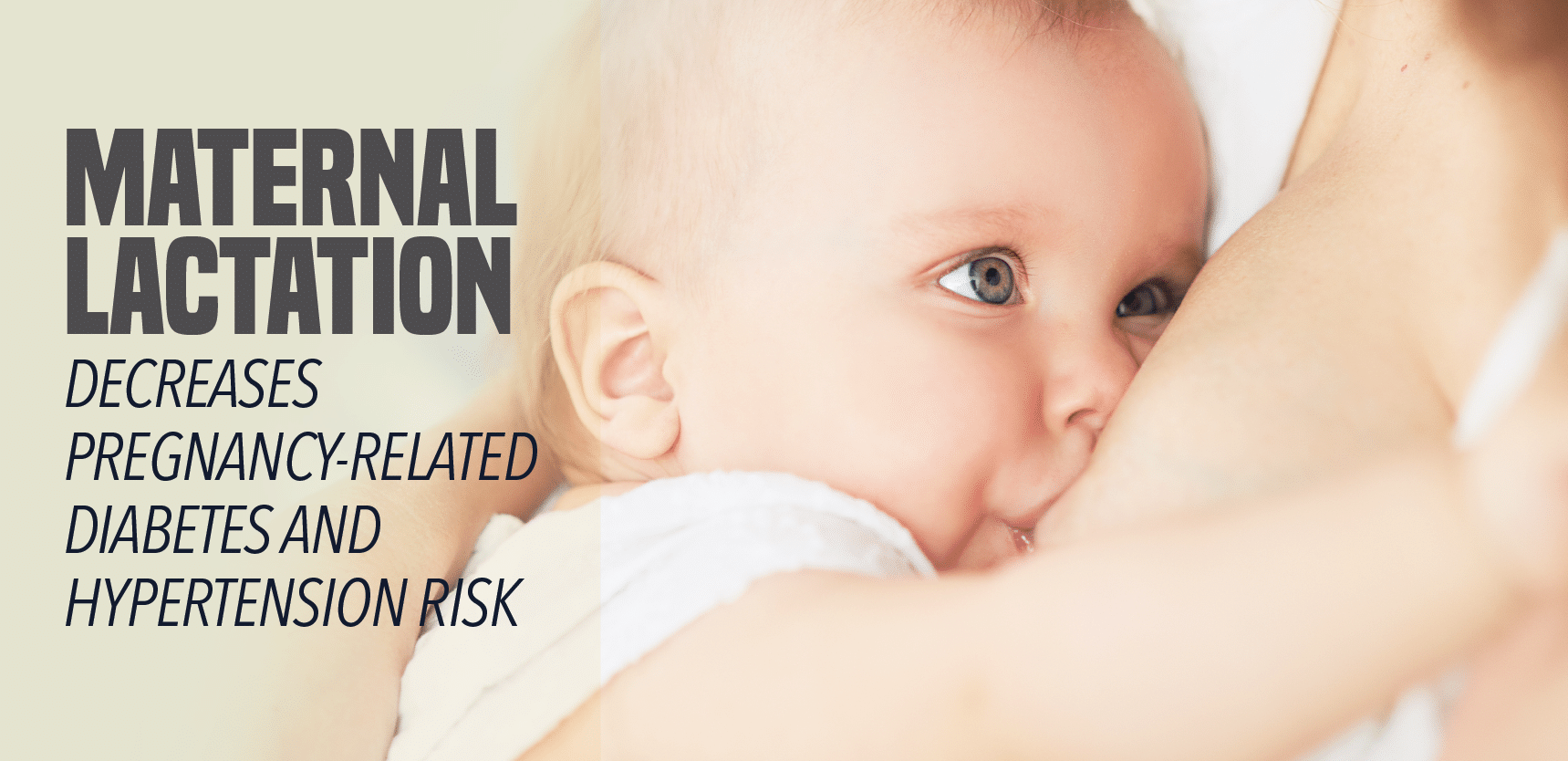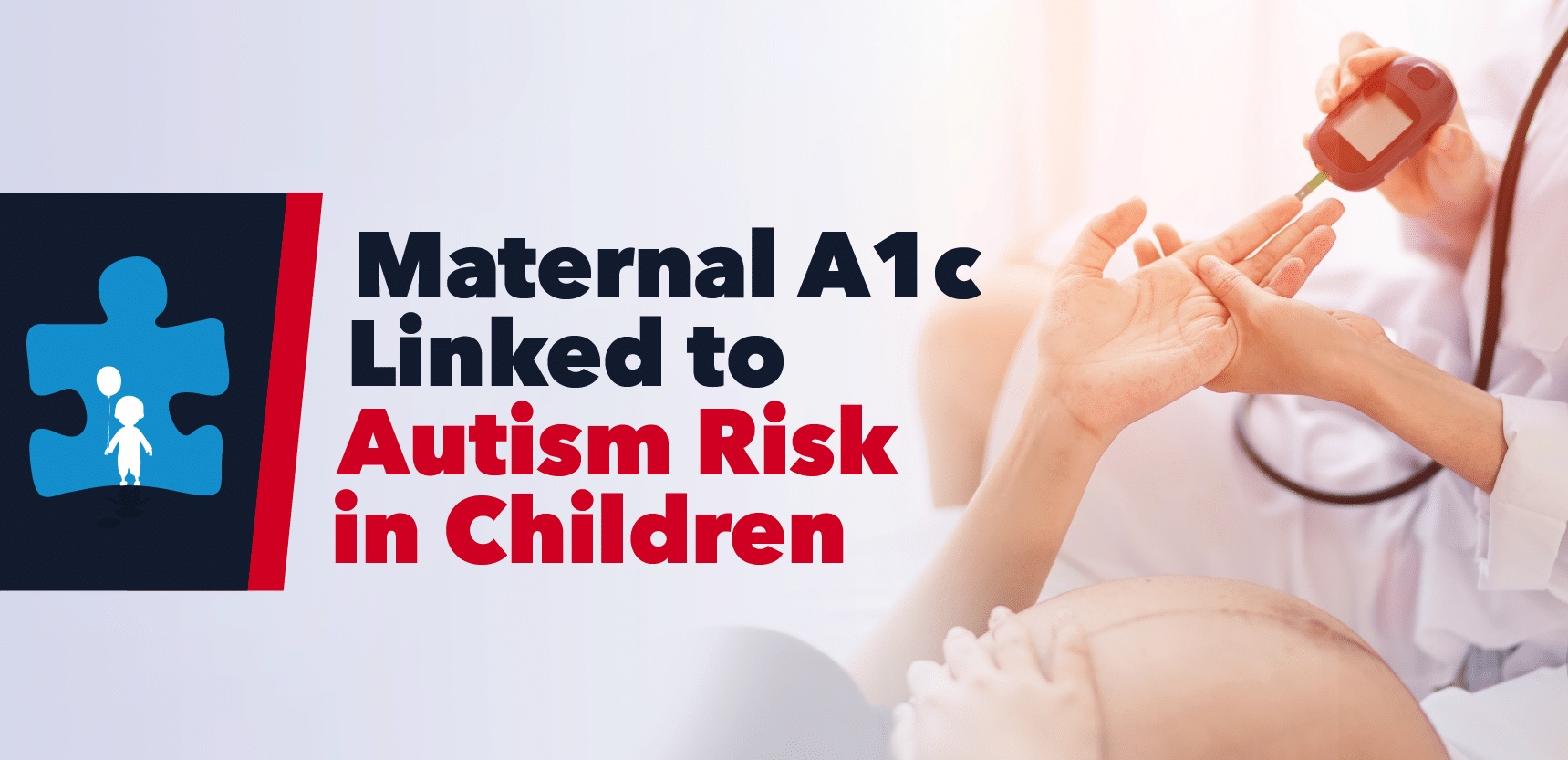The prevalence of obesity in the American population shows few signs of regression, which increasingly draws concern for younger demographics. Obesity is the most common nutritional disorder affecting younger age groups with approximately 21-24% overweight and 16-18% obese children and adolescents. The complexity and multifactorial nature of the disorder make treatment strategies difficult; long-term complications associated with childhood obesity emphasize the need for improved efforts in prevention and condition management. Obese children and adolescents are predisposed to insulin resistance, type 2 diabetes, hypertension, hyperlipidemia, liver and renal disease, as well as reproductive dysfunction and face an increased risk of adult-onset obesity and cardiovascular disease.
Typically performed in older patients, bariatric surgery may be an effective treatment method for severe obesity in younger generations. Recent research aims to determine whether a patient’s age at the time of surgery plays a role in long-term health outcomes. Dr. Thomas Inge from the University of Colorado and colleagues, evaluated a cohort of adolescent and adult patients after gastric bypass surgery in a new study published for the Childhood Obesity Summit in Houston.
Five-Year Outcomes of Gastric Bypass in Adolescents and Adults
The team of researchers evaluated the health effects of Roux-en-Y gastric bypass in 161 adolescent patients (mean age of 17) and 396 adult patients (mean age of 38). Participants had a mean BMI of 50 kg/m2at the time of surgery and 77% of them were female. Outcomes were compared 5 years after surgery using linear mixed and Poisson mixed models with regard to weight and coexisting conditions. Mortality rates along with subsequent abdominal operations and micronutrient levels were also compared between the cohorts. Study findings revealed similar weight loss results 5 years after surgery in adolescents and adults; on average, severely obese teens and adults weighed 324 pounds and lost 84 pounds after bariatric surgery.
Despite similar and durable weight loss results after gastric bypass, several important differences were observed between the adult and adolescent cohorts in health outcomes.
Differences in Health Outcomes
Severely obese adolescent patients were significantly more likely to have remission of diabetes and hypertension after bariatric surgery. The rate of diabetes dropped from 14% to 2.4% in teens, while adults only experienced a decrease from 31% to 12%. Meanwhile, the prevalence of hypertension declined from 30% to 15% in adolescents, and from 61% to 39% in adults. Compared to 53% of the older cohort, 86% adolescents experienced diabetes remission and 68% had remission of hypertension versus only 41% of adults.
Although mortality rates at 5-year follow-up were similar (1.9% in adolescents and 1.8% in adults), causes were different. Two teen patients died of drug overdose and one died from hypoglycemia-related sepsis, revealing a worrisome finding potentially linked to increased risk of substance-use disorders in bariatric surgery patients. Adult cohort deaths were predominately linked to gastric bypass surgery, with one suicide and one death from colon cancer.
Additionally, iron deficiency and abdominal re-operation were more prevalent among the adolescent group. Although pre-surgery ferritin levels were normal in both cohorts, 2 years after surgery significantly more teens showed low ferritin levels. Adolescents were also more likely to undergo intra-abdominal operations including cholecystectomy, hernia repair, gastronomy, and bowel obstruction surgery.
Longer-term follow-up and additional research is necessary to clarify the risks and benefits of bariatric surgery in adolescents. However, study findings implicate the need to carefully approach adolescent patients interested in gastric bypass surgery. Adolescents may not be in a position to make informed decisions and may not be aware of the related potential adverse effects. Due to potential long-term complications in younger patients, bariatric surgery decisions should be dependent on individual patient needs and projected health outcomes while new, less invasive alternatives are investigated.















